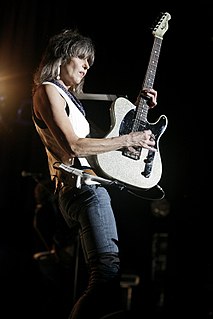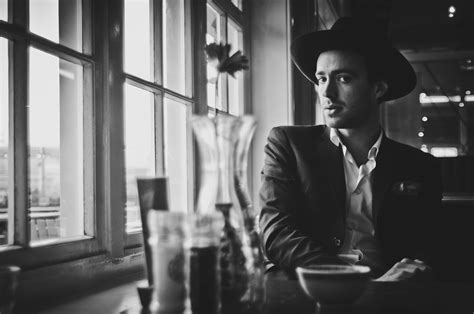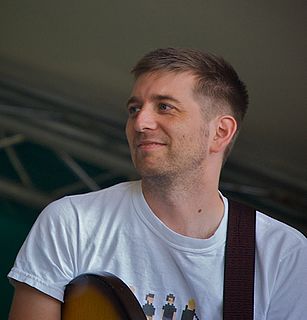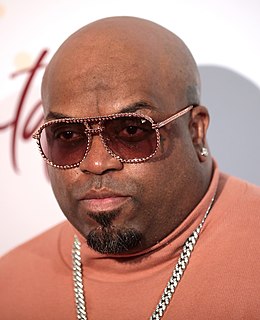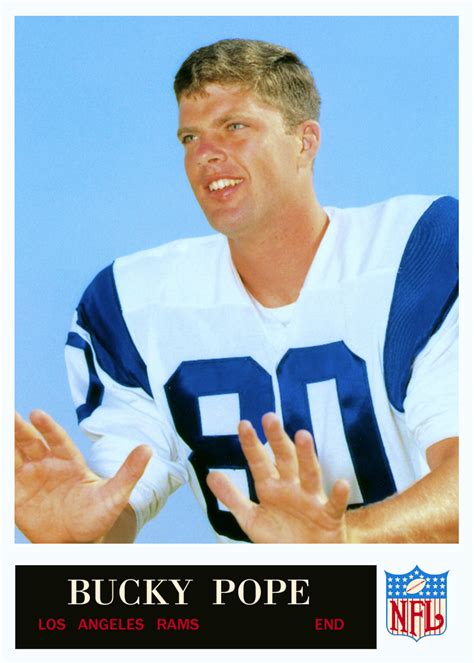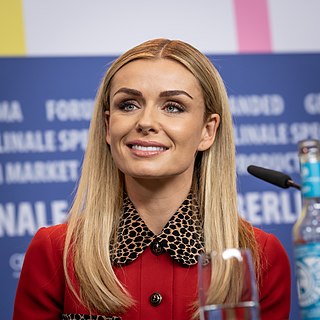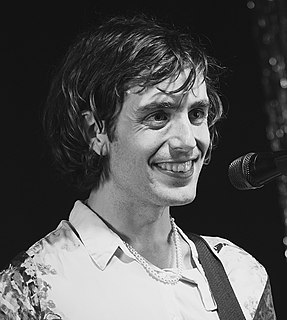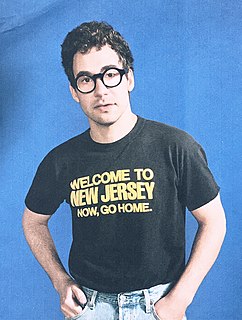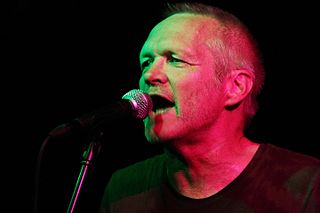A Quote by Halsey
I used to work at a punk venue in Pennsylvania because I wanted to be near music.
Related Quotes
When I was young I wanted to make films and then I got into folk music when I was about 12, and started going to this folk club in Auckland. My dad [Barry Andrews] was in punk and post-punk bands, so I guess it was a side of music I hadn't really listened to before - the really narrative form of songwriting.
From what I see, nowadays punk and anarchy are still connected with "fast loud music by smelly drunk chaos-people" and, yes, I know I'm over-generalizing here. So when the occasional venue still describes us The ex as "anarchopunk" that's a real bummer, since it attracts an audience that expects a kind of music - which we don't play - and it keeps away another audience that actually might have liked it when they would have come. That's a pity, for both them and us.

